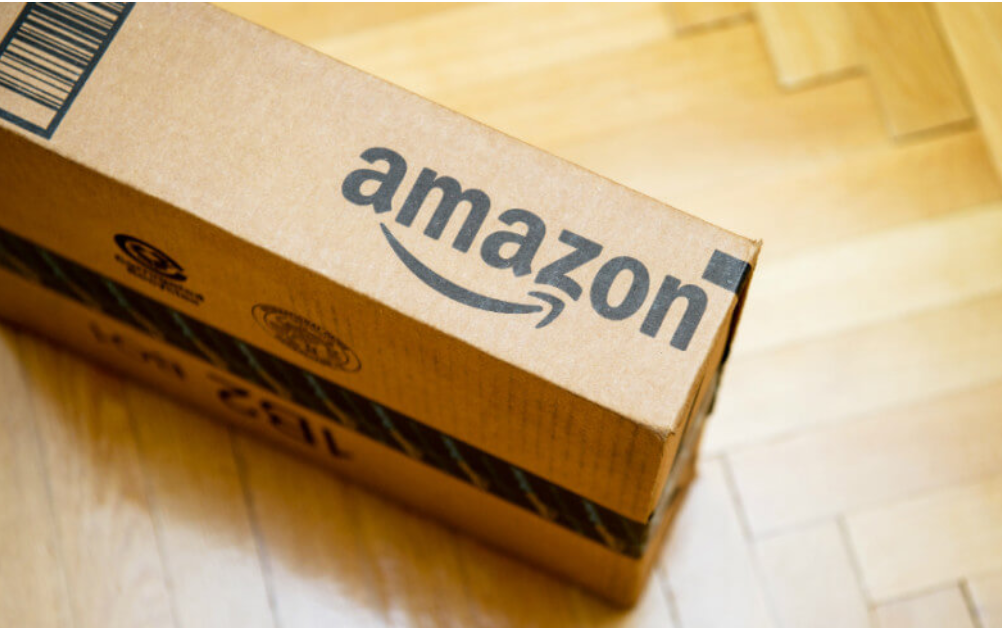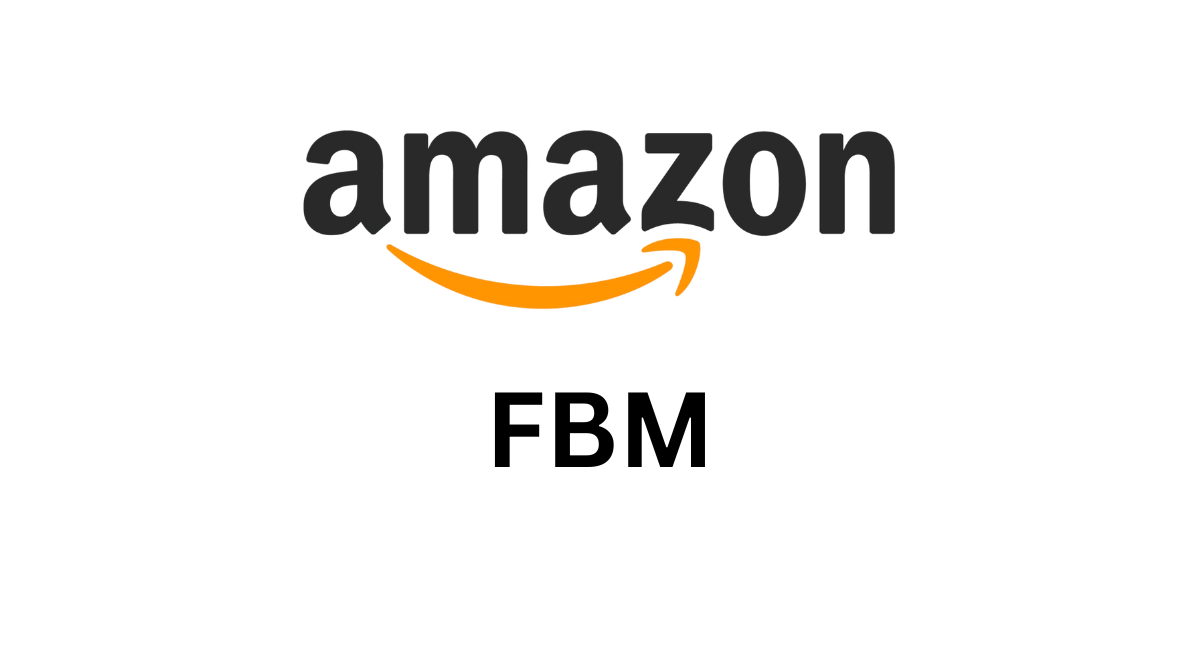In this article we have featured FBA Vs FBM, Deciding whether to use Fulfillment by Amazon (FBA) or Fulfillment by Merchant (FBM) can be a tough decision for any business owner.
Both have their pros and cons, so it’s important to weigh all the factors before making a decision. In this blog post, we’ll take a look at the key differences between FBA and FBM so that you can make an informed decision about which is right for your business.
What is FBA?

Fulfillment by Amazon (FBA) is a service offered by Amazon that allows businesses to store their products in Amazon’s fulfillment centers.
Amazon then picks, packs, and ships the products on behalf of the business. One of the biggest advantages of using FBA is that businesses can take advantage of Amazon’s huge customer base.
When customers order products from businesses that use FBA, they often see “Fulfilled by Amazon” on the product page, which can increase conversion rates. Another big advantage of using FBA is that businesses can take advantage of Amazon’s Prime shipping options, which can lead to faster delivery times and happy customers.
However, there are also some disadvantages to using FBA. First, it can be expensive. Amazon charges storage and fulfillment fees, and those fees can add up quickly if you have a lot of products.
Second, there is always the risk that your products could get damaged or lost in transit. And finally, you are essentially handing over control of your inventory to Amazon, which means you might not always be able to get the products you need when you need them.
Helium 10 is an excellent choice for those who sell private label products. However, it is also beneficial for wholesalers, dropshippers, those who engage in online arbitrage, and retail arbitrage.
Pros of Using FBA
There are several advantages to using Amazon’s fulfillment services. First, it frees up your time so that you can focus on other aspects of your business, such as marketing and product development. Second, customers tend to trust sellers who use FBA because they know their orders will arrive quickly and correctly. Finally, using FBA can help you win the Buy Box more often, which can lead to increased sales.
– With FBA, you can offload the storage, packing, and shipping of your orders to Amazon. This frees up time so you can focus on other aspects of your business.
– Orders shipped via FBA are eligible for Prime shipping, which means they’ll arrive in 2 days or less. This can lead to happier customers and more repeat orders.
– FBA orders are also eligible for Amazon’s world-class customer service. If a customer has an issue with an order, they can contact Amazon and have the problem resolved quickly and efficiently.

Cons of Using FBA
Of course, there are also some downsides to using FBA. The biggest drawback is that it can be expensive; you’ll have to pay storage and fulfillment fees to Amazon, which can eat into your profits. In addition, you’ll lose some control over your customer relations because you won’t be directly fulfilling orders yourself.
– Using FBA can be expensive. You’ll have to pay for storage, fulfillment, and shipping fees.
– There’s also the possibility that your inventory could get lost or damaged in Amazon’s fulfillment centers. While this doesn’t happen often, it’s something to be aware of.
What is FBM?

Fulfillment by Merchant (FBM) is when businesses fulfill orders themselves. This means that businesses are responsible for storing, packing, and shipping their own products. One of the biggest advantages of using FBM is that it’s typically less expensive than using FBA.
You also have more control over your inventory since you’re not relying on Amazon to fulfill your orders. Another big advantage of using FBM is that you can offer customers more shipping options since you’re not limited to just Prime shipping.
However, there are also some disadvantages to using FBM. First, it takes more time and effort to fulfill orders yourself than it does to let Amazon do it for you.
This means you’ll need to hire more employees or outsource your fulfillment process to a third-party company.
Second, you might not have as much reach as you would if you were using FBA since customers might not be able to find your products as easily on Amazon. And finally, if something goes wrong with an order—if a product arrives damaged or late—you’ll likely get blamed since you’re the one fulfilling the orders.

Pros of Using FBM
The main advantage of using FBM is that it’s typically less expensive than using FBA; you won’t have to pay storage or fulfillment fees to Amazon. In addition, you’ll have more control over the customer experience because you’ll be fulfilling orders yourself.
– With FBM, you have complete control over your inventory and shipping process. This means you can customize your packaging and branding however you want.
– You also don’t have to worry about storage fees since you’ll be keeping your inventory in your own warehouse or storage space.
– Shipping with FBM can be cheaper than using FBA since you’ll only have to pay for shipping costs (and not fulfillment or storage fees).
Cons of Using FBM
Of course, there are also some drawbacks to using the FBM method. First, it requires more time and effort on your part because you’ll be handling all aspects of order fulfillment yourself. Additionally, customers may not be as trusting of sellers who use this method because they know their orders could take longer to arrive.
– Unless you outsource your shipping process, fulfilling orders yourself can be time-consuming. This leaves less time for you to focus on other aspects of your business.
– Orders fulfilled by merchant are not eligible for Prime shipping. This means customers will have to wait longer for their orders to arrive, which could lead to dissatisfied customers and return requests.
Also, Read:
- Amazon FBA vs Dropshipping: Which is Better for Your Business?
- AMZScout vs Helium 10: Which One Is Better Amazon FBA Tool?
- Helium 10 Review: Is This Amazon FBA Tool Worth It? ( Helium 10 Pros & Cons)
Conclusion: FBA vs FBM
There’s no easy answer when it comes to deciding whether to use Fulfillment by Amazon (FBA) or Fulfillment by Merchant (FBM).
Both have their pros and cons, so it’s important to weigh all the factors before making a decision. If cost is your primary concern, then FBM might be the way to go since it’s typically less expensive than using FBA.
However, if convenience is more important to you, then FBA might be worth the extra cost since it takes care of fulfillment for you. Ultimately, only you can decide which option is right for your business.”
